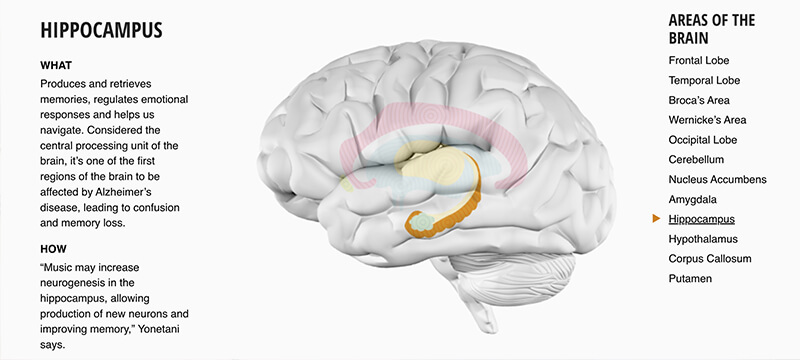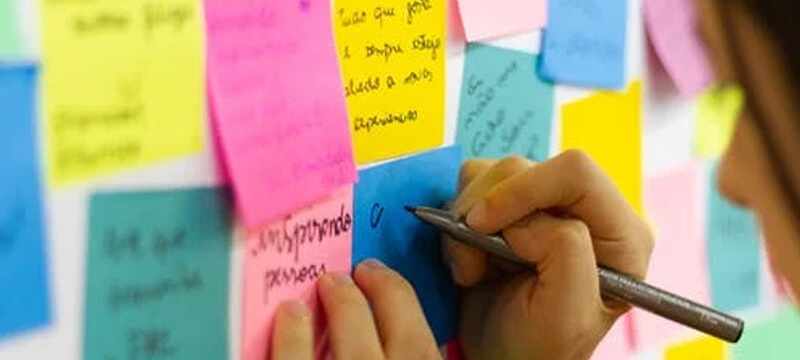
Is it just a coincidence or does playing a musical instrument really make you more intelligent?
Studies have shown that people with a musical background tend to have higher levels of cognitive function.
In fact, children with one to five years of musical training were able to remember 20% more vocabulary words read to them off a list than children without such training.
So today we’ll be looking at 7 ways how learning music can help improve your cognitive skills.
1.Promote Creativity

Creativity is a critical skill in today's world. And music may be the single most efficient way to cultivate creativity.
When you're playing on a music instrument, you are expressing an aspect of yourself that is unique from that of others. You have the power to create something new and express your emotions through sound.
Playing music is a way for you to explore and discover who you are. As a painter would, expressing his or her feelings and emotions through painting.
2.Develop Passion

There is a joy in being able to play something and achieve a certain level of mastery in a musical instrument.
This creates a sense of purpose and develops a passion over something that is meaningful to you.
A passion to perform, to share music, and to connect with other musicians.
And this passion driven force can transfer into other facets of your life, giving you the opportunity to enjoy a more fulfilling life.
3.Improves Focus

Musical training can help you improve your ability to focus on the task at hand and allows you to do more, in less time.
As you may have guessed it, practice requires focus. And as you practice and hone your skills, you also improve your cognitive skills at the same time, for example:
-
When you learn a new song or a new technique, you must be able to concentrate on what you are doing and not lose focus. This helps develop the ability to stay focused on a task even when it becomes difficult or frustrating.
-
Playing a musical instrument improves cognitive functions like memory, attention span and problem solving abilities.
-
It also increases understanding of time relationships between notes in both rhythmic and melodic directions, which helps develop the ability to hear patterns in music as well as think ahead when creating new pieces based off old ones.
4.Increased Intelligence

Learning music helps to develop both sides of the brain, as it requires processing of information by both hemispheres of your brain.
Thus, helps improve your intelligence.
But what does it mean for a person to be intelligent?
When you look at the definition of intelligence, it can mean two things:
Research has shown that learning a musical instrument can improve your verbal memory and speech processing.
This means that when you learn how to play a musical instrument, your brain begins functioning differently than before you started learning.
5.Improve Test Scores

In a study published by the American Psychological Association, students who took music lessons had higher exam scores across all subjects than their non-musical peers.
The researchers concluded that music training “offers a rich range of cognitive advantages that may help boost academic performance”—and that these effects lasted into adulthood.
6.Better Memory

Perhaps the most notable benefits of learning a musical instrument is that it helps you to improve your memory.
While no two brains are alike, playing a musical instrument can definitely rip rewards in terms of boosting your memory and attention span.
Thanks to its effect on brain plasticity— Hippocampus.
The increased neurogenesis in the hippocampus allows production of new neurons to take place, and in return improves your memory.
This is especially important in the early stages of childhood development, and over time it strengthens with repeated stimulation.
7.Improved Time Management Skills

Learning a musical instrument can teach children to set goals and work towards them.
This helps develop self-discipline so that children know how to best use their free time outside of school hours (or even during school hours!).
Enabling them to plan for and manage their time spent learning how to play the instrument.
In conclusion, you don't have to be at a professional level to start benefiting from playing a musical instrument! All you need is a passion for self improvement and a course to help you achieve your goals.
I hope the above information was useful in your pursue of enriching yourself each and everyday.
Rock On nn/.








